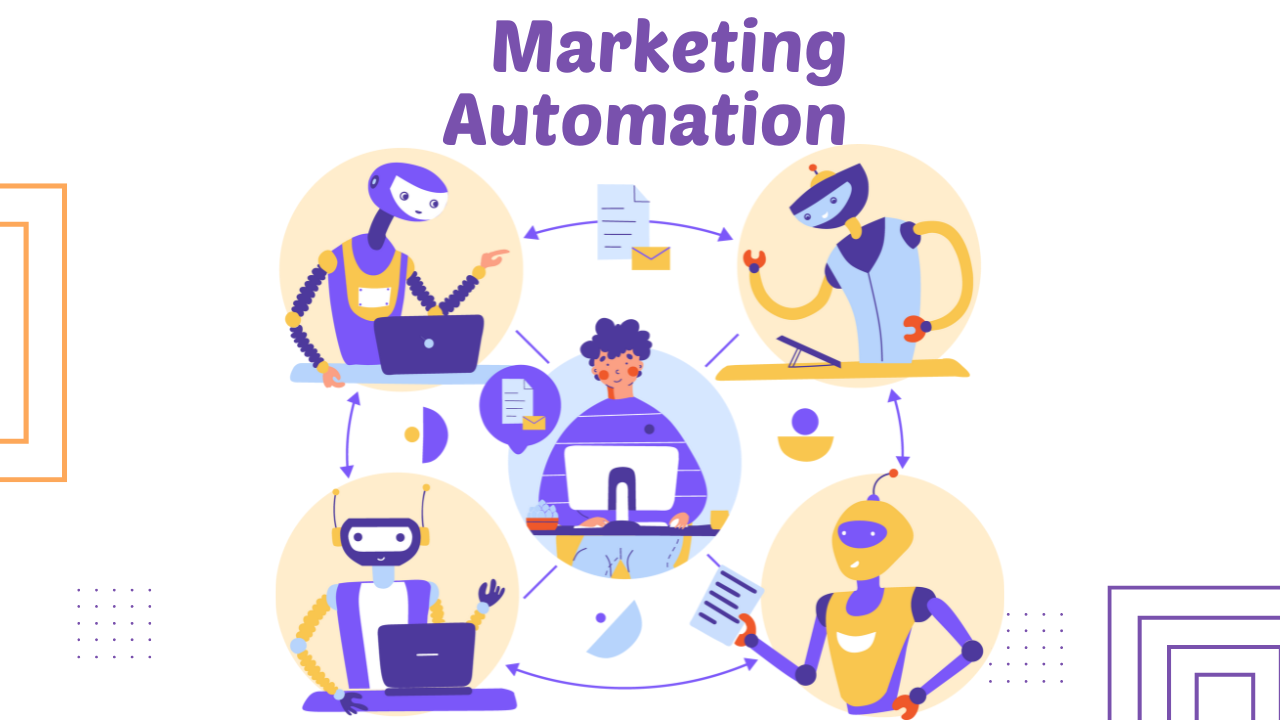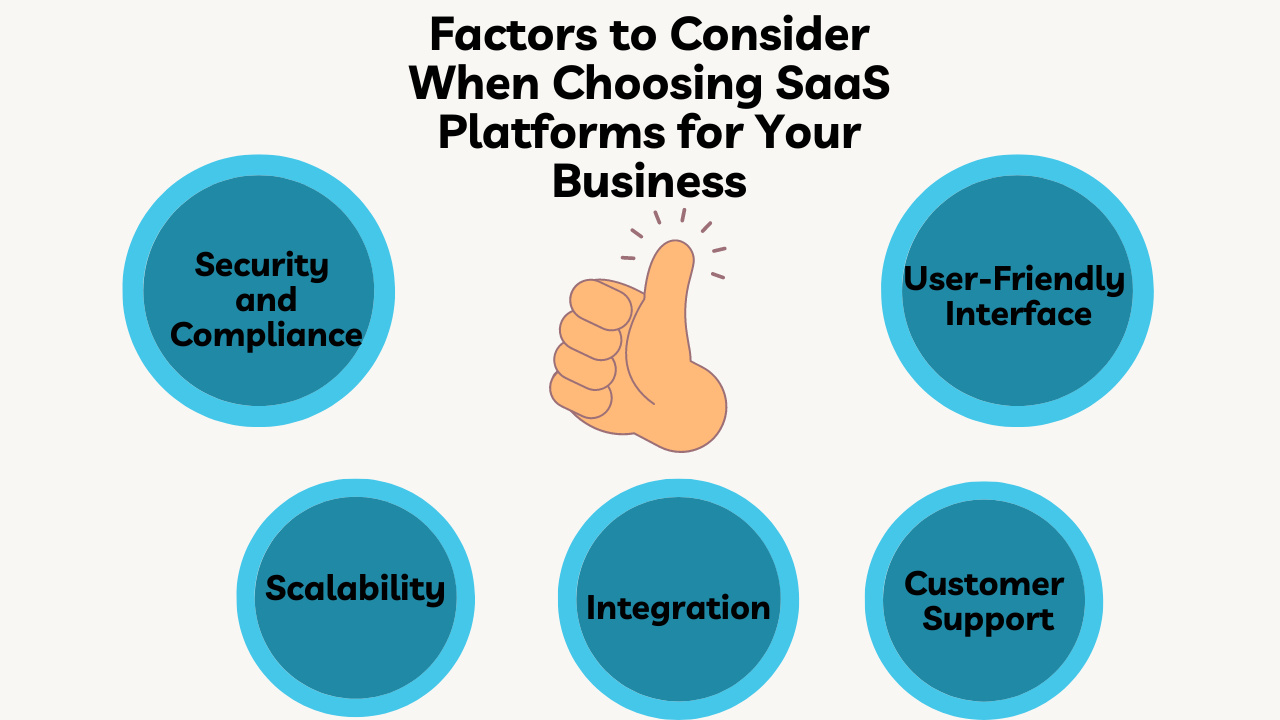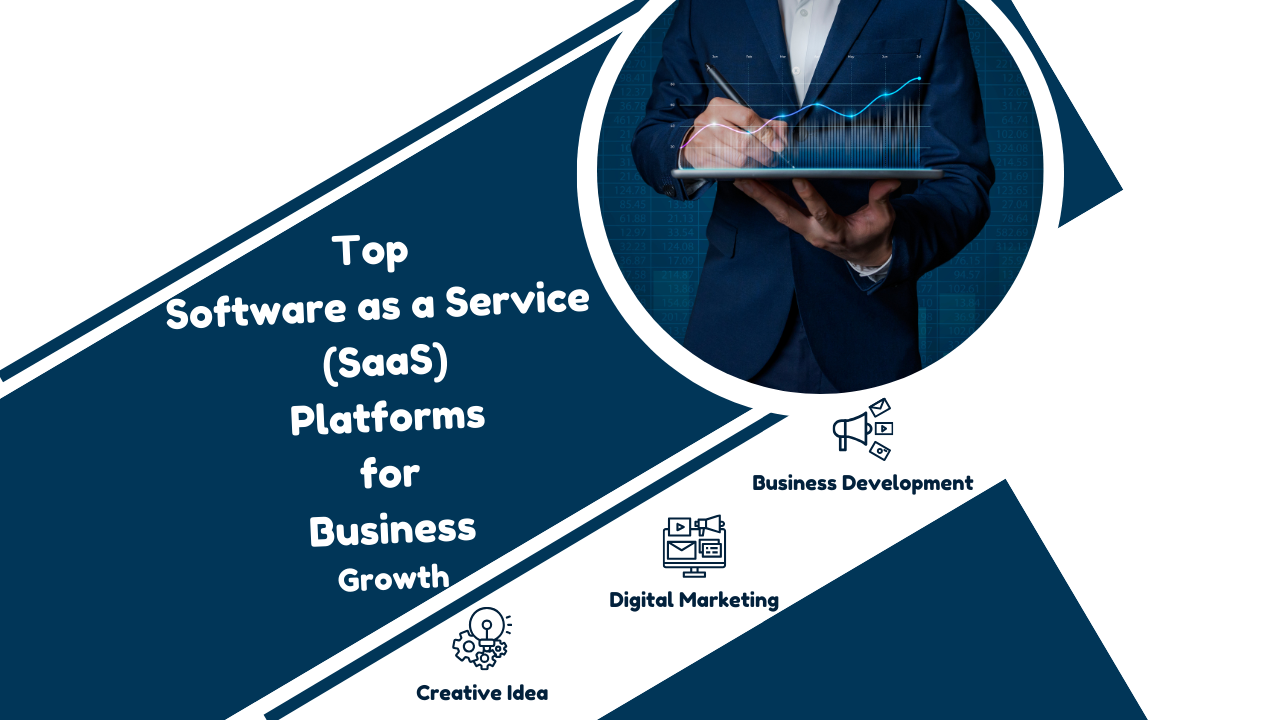The adoption of Software as a Service (SaaS) has revolutionized how businesses operate, offering cloud-based solutions that are scalable, cost-effective, and easy to implement. Whether you’re running a small business or a large enterprise, SaaS platforms provide a range of tools designed to streamline operations, improve efficiency, and foster growth. In this article, we’ll explore the top SaaS platforms across various categories that can help accelerate business growth.
Understanding SaaS and Its Impact on Business Growth
What is SaaS?
Software as a Service (SaaS) is a cloud-based model where software applications are hosted by a provider and made available to customers over the Internet. Unlike traditional software that requires installation and maintenance on local devices, SaaS offers flexibility and scalability, as users can access it from anywhere, using any device.
Benefits of SaaS for Business Growth
SaaS platforms provide numerous advantages for businesses, including:
- Scalability: Easily adjust usage based on business needs without the hassle of hardware or infrastructure changes.
- Cost-Effectiveness: Reduce upfront costs associated with purchasing and maintaining software and hardware.
- Accessibility: SaaS platforms are accessible from anywhere, fostering remote work and collaboration.
- Automatic Updates: No need for manual updates, as SaaS providers manage maintenance and upgrades.
Top SaaS Platforms for Business Growth
Customer Relationship Management (CRM)
Salesforce Salesforce is the leading CRM platform, offering comprehensive tools for managing customer relationships, sales pipelines, marketing automation, and customer service. It helps businesses centralize customer data, streamline sales processes, and improve communication across departments.
Key Features:
- Sales and marketing automation
- Customizable dashboards and reports
- AI-powered insights with Salesforce Einstein
- Integration with third-party apps
HubSpot HubSpot is an all-in-one CRM platform designed for small to medium-sized businesses. It offers a free version with a suite of powerful tools for marketing, sales, customer service, and content management, making it a great option for startups.
Key Features:
- Email marketing and automation
- Lead generation and tracking
- Customer support ticketing
- Content management system (CMS) integration
Project Management
Asana Asana is a popular project management tool that helps teams organize, track, and manage work. It provides features like task assignments, timelines, and project boards, allowing businesses to improve collaboration and project visibility.
Key Features:
- Customizable task boards
- Timeline and calendar views
- Integration with other tools like Slack, Google Drive, and Zoom
- Progress tracking and reporting
Monday.com Monday.com is a flexible work operating system (Work OS) that enables teams to manage projects, workflows, and daily tasks. Its highly customizable interface makes it suitable for businesses across various industries.
Key Features:
- Customizable workflows and automation
- Collaborative task management
- Dashboards for tracking key performance indicators (KPIs)
- Integration with over 40 apps
Marketing Automation
Mailchimp Mailchimp is a leading SaaS platform for email marketing automation. It allows businesses to create, send, and analyze email campaigns, manage mailing lists, and improve customer engagement.
Key Features:
- Email templates and automation
- Customer segmentation and analytics
- Social media ad integration
- A/B testing for optimizing campaigns
ActiveCampaign ActiveCampaign offers advanced marketing automation, combining email marketing, CRM, and machine learning. It is known for its deep personalization and automation capabilities, helping businesses tailor their marketing efforts to individual customers.
Key Features:
- Advanced segmentation and personalization
- Sales automation and CRM integration
- Email marketing automation workflows
- Predictive sending and machine learning insights
Human Resources and Payroll
Gusto Gusto is a SaaS platform that simplifies payroll, benefits, and HR processes for small businesses. It offers features like employee onboarding, tax filings, and time tracking, making HR management more efficient.
Key Features:
- Automated payroll and tax filing
- Employee benefits administration
- Time and attendance tracking
- Employee self-service portal
BambooHR BambooHR is a cloud-based human resources software that provides tools for managing employee information, tracking performance, and simplifying recruitment processes. It’s designed for small and medium-sized businesses.
Key Features:
- Applicant tracking system (ATS)
- Onboarding and offboarding management
- Employee performance reviews
- Time-off tracking and reporting
E-commerce and Payments
Shopify Shopify is a leading e-commerce platform that helps businesses set up and manage online stores. With customizable templates, integrated payment processing, and marketing tools, Shopify supports businesses of all sizes in growing their online presence.
Key Features:
- Customizable e-commerce storefronts
- Integrated payment gateway (Shopify Payments)
- Abandoned cart recovery
- Extensive app marketplace for add-ons
Stripe Stripe is a popular SaaS platform for payment processing, offering a suite of APIs that allows businesses to accept online payments and manage transactions. Stripe is ideal for both startups and large businesses looking to scale.
Key Features:
- Secure payment processing
- Recurring billing and subscription management
- Invoicing and global payment acceptance
- Integration with e-commerce platforms like Shopify and WooCommerce
Collaboration and Communication
Slack Slack is a SaaS communication platform designed to streamline team collaboration. It enables real-time messaging, file sharing, and integration with a variety of business tools, making it a must-have for remote teams.
Key Features:
- Real-time messaging and file sharing
- Channels for team collaboration
- Video and voice calls
- Integration with tools like Google Drive, Asana, and Zoom
Zoom Zoom is a leading video conferencing platform that has become essential for businesses conducting virtual meetings, webinars, and team collaboration. Its ease of use and reliability make it popular among businesses of all sizes.
Key Features:
- HD video and audio conferencing
- Screen sharing and recording
- Virtual backgrounds and breakout rooms
- Integration with calendars and project management tools
Accounting and Finance
QuickBooks Online QuickBooks Online is a powerful SaaS accounting software that helps businesses manage finances, track expenses, and generate reports. It’s particularly popular with small businesses and freelancers.
Key Features:
- Income and expense tracking
- Invoicing and payment processing
- Financial reporting and tax preparation
- Integration with payroll and third-party apps
Xero is a cloud-based accounting software platform designed for small businesses. It provides tools for managing invoicing, bank reconciliation, inventory, and payroll.
Key Features:
- Real-time bank reconciliation
- Customizable invoices and quotes
- Multi-currency support
- Integration with over 800 third-party apps
Factors to Consider When Choosing SaaS Platforms for Your Business
Scalability
When choosing a SaaS platform, consider its scalability. As your business grows, your needs may change, so ensure that the platform can accommodate future expansion without requiring significant changes.
Integration
Your SaaS platform should integrate seamlessly with other tools and software you already use. Look for platforms with robust integration capabilities to ensure smooth data sharing and workflow efficiency.
Security and Compliance
Security is critical when dealing with business data. Ensure that your SaaS provider complies with industry standards for data protection, such as GDPR or HIPAA, and offers features like encryption and two-factor authentication.
User-Friendly Interface
A user-friendly interface ensures that your team can easily adopt and use the platform. Complex or cumbersome interfaces can lead to low adoption rates and decreased productivity.
Customer Support
Good customer support is essential when using SaaS platforms. Choose a provider that offers multiple support channels, such as live chat, phone support, and extensive documentation or knowledge bases.
Conclusion
SaaS platforms have become indispensable for businesses looking to grow in today’s fast-paced digital landscape. From CRM systems and marketing automation tools to project management and collaboration software, SaaS solutions provide the flexibility, scalability, and cost-efficiency that businesses need to thrive. By carefully selecting the right SaaS platforms tailored to your specific business needs, you can drive productivity, streamline operations, and ultimately, achieve sustainable growth.
FAQs
What is SaaS, and why is it important for businesses?
SaaS stands for Software as a Service, a cloud-based software delivery model. It allows businesses to access software applications over the Internet, offering flexibility, scalability, and reduced costs, which are vital for growth.
How can SaaS platforms help small businesses grow?
SaaS platforms provide affordable, scalable tools that help small businesses streamline operations, improve customer relationships, automate marketing, and enhance collaboration, leading to increased efficiency and growth.
What are some popular SaaS platforms for project management?
Popular project management SaaS platforms include Asana and Monday.com, both of which offer tools for task tracking, team collaboration, and project visibility.
What should businesses consider when choosing a SaaS platform?
When selecting a SaaS platform, consider factors such as scalability, integration with existing tools, security, ease of use, and customer support.
How do SaaS platforms improve customer relationship management (CRM)?
SaaS CRM platforms like Salesforce and HubSpot help businesses centralize customer data, automate sales and marketing efforts, and provide insights that improve customer engagement and retention.
